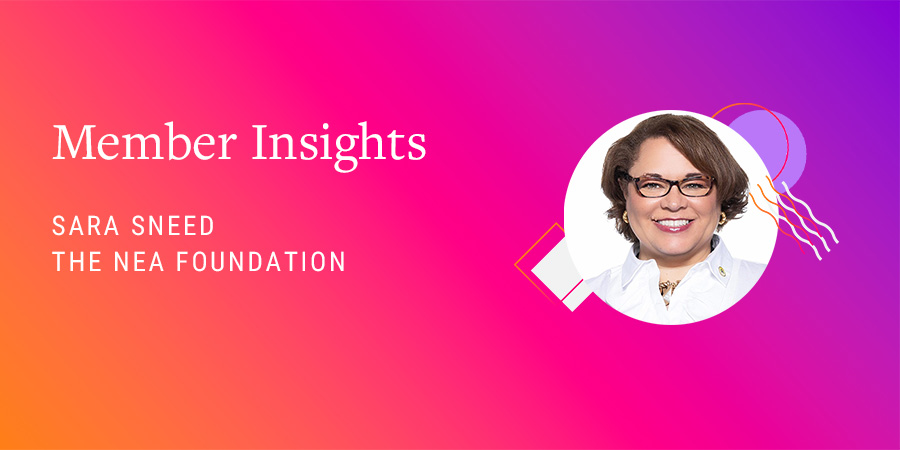Resources
Knowledge begins here
but never ends.
Curated reports, deep research, informational articles, podcasts. Everything you need to stay well
informed in the world of education grantmaking.
Member Insights: Investing in the Deep South

"If you’ve never been on a bus filled with education grantmakers from across the country... let me be the first to tell you: it’s an experience you won’t soon forget." Sara Sneed, president and CEO of The NEA Foundation, shares a journey through history, community and possibility in the Deep South.
What’s It Like to Lead Grantmakers for Education in Tumultuous Times?
Trends in Education Philanthropy: Benchmarking 2025
.
FILTER RESOURCES
SEARCH RESOURCES
How Can Educators Prepare for Teaching Controversial Issues? Cross-National Lessons
A few key strategies related to the selection and framing of issues, pedagogical choices, and classroom atmosphere can pave the way for successfully teaching controversial issues in fraught times. Prepared with the support of the Spencer Foundation
Attainment for All: Postsecondary Pathways - Overcoming the Cumulative Effect of Racial and Ethnic Discrimination Across the Education Continuum
This brief explores the idea of embedding equity across the education continuum to boost postsecondary attainment, identifies barriers to achieving equity, and includes examples of states’ work to ensure equity across the education continuum.
Centering Ourselves
Centering Ourselves is the first in a series of reports about the leadership impact of Black women in philanthropy. This report also examines the leadership impact of Black women during a national crisis and global pandemic - capturing in real-time, the strategy and insights that have proven necessary to move forward the field, communities, and society writ large.
Student Counts in K-12 Funding Models
This policy brief explores the advantages and challenges of student count policies and provides pertinent considerations for policymakers adapting their policies to recent trends.
Out from the Shadows: Informal Removal of Children with Disabilities from Public Schools
Schools across the country remove students with disabilities from the classroom using illegal practices known as “informal removals". These off the books dismissals are described in detail in this report.
Framing Racial Equity in Adolescence: Messaging Strategies for Social Change
This framing playbook helps practitioners, advocates, policymakers, and journalists communicate more accurately and effectively about racism and equity and their impact on adolescent development.
Submit A Resource
Expand your audience by expanding minds.
We believe in getting research and insights into more hands to support learning for our peers and community. Share your resources that would be useful to education grantmakers.







